Unveiling the Art of Jewelry Making: A Comprehensive Guide to Finding and Evaluating Workshops
Related Articles: Unveiling the Art of Jewelry Making: A Comprehensive Guide to Finding and Evaluating Workshops
Introduction
In this auspicious occasion, we are delighted to delve into the intriguing topic related to Unveiling the Art of Jewelry Making: A Comprehensive Guide to Finding and Evaluating Workshops. Let’s weave interesting information and offer fresh perspectives to the readers.
Table of Content
Unveiling the Art of Jewelry Making: A Comprehensive Guide to Finding and Evaluating Workshops

Jewelry, with its intricate designs and captivating allure, has long been a symbol of beauty, status, and personal expression. The allure of creating one’s own jewelry, however, adds another layer of satisfaction, offering a tangible connection to the artistic process and the creation of something unique. This desire has fueled the growth of jewelry workshops, providing individuals with the opportunity to learn the craft and explore their creative potential.
Navigating the world of jewelry workshops can be daunting, especially for those new to the craft. With a plethora of options available, choosing the right workshop requires careful consideration. This comprehensive guide aims to demystify the process, equipping individuals with the necessary knowledge to find and evaluate workshops that align with their interests and aspirations.
Understanding the Value of Jewelry Workshops
Jewelry workshops offer a multitude of benefits, catering to diverse interests and skill levels. Whether one seeks to learn the basics of metalworking, explore the intricacies of gemstone setting, or delve into the art of jewelry design, workshops provide a structured and supportive environment for skill development.
Benefits of Attending Jewelry Workshops:
- Skill Acquisition: Workshops provide structured learning opportunities, enabling participants to acquire essential jewelry-making techniques and skills. From basic metalworking to advanced design principles, workshops cater to various skill levels, allowing individuals to progress at their own pace.
- Creative Expression: Jewelry workshops encourage creativity and self-expression. Participants can explore their unique artistic vision, experiment with different materials and techniques, and create personalized pieces that reflect their individual style.
- Community Building: Workshops often foster a sense of community, connecting individuals with shared interests. Participants can learn from experienced instructors, interact with fellow enthusiasts, and exchange ideas and inspiration.
- Stress Relief and Mindfulness: The process of jewelry making can be incredibly therapeutic, providing a meditative and calming experience. The focus required for intricate tasks can help alleviate stress and promote mindfulness.
- Personal Growth and Confidence: Learning a new skill, mastering techniques, and creating beautiful jewelry can boost self-confidence and a sense of accomplishment.
Finding the Perfect Jewelry Workshop: A Step-by-Step Guide
Locating a suitable jewelry workshop involves a systematic approach, ensuring the chosen workshop aligns with individual needs and expectations.
Step 1: Define Your Goals and Interests
- What type of jewelry do you want to make? (e.g., earrings, necklaces, rings, bracelets)
- What materials are you interested in working with? (e.g., silver, gold, gemstones, beads)
- What level of experience do you have? (e.g., beginner, intermediate, advanced)
- What is your budget? (e.g., single-day workshops, multi-day courses, private lessons)
Step 2: Research Local Options
- Online Search: Utilize search engines like Google to find workshops in your area. Use keywords like "jewelry workshops near me," "jewelry making classes," or "metal smithing courses."
- Local Art Centers and Community Colleges: These institutions often offer jewelry-making classes and workshops.
- Craft Stores and Jewelry Supply Shops: Many craft stores and jewelry supply shops host workshops or collaborate with instructors.
- Social Media: Explore Facebook groups, Instagram pages, and other social media platforms for local jewelry workshops and makers.
Step 3: Evaluate Workshop Options
- Instructor Experience and Credentials: Look for instructors with proven experience and relevant qualifications.
- Workshop Curriculum and Content: Ensure the workshop covers the techniques and skills you are interested in learning.
- Materials and Equipment: Inquire about the materials and equipment provided, and whether you need to bring your own supplies.
- Class Size and Structure: Consider the class size and structure, ensuring a comfortable learning environment.
- Reviews and Testimonials: Read online reviews and testimonials from previous students to gauge the quality and effectiveness of the workshop.
Step 4: Contact and Enquire
- Contact the workshop organizer: Reach out to the workshop provider to ask specific questions about the curriculum, materials, and any other concerns you may have.
- Request a detailed syllabus: A comprehensive syllabus will outline the workshop’s objectives, schedule, and learning outcomes.
Step 5: Make an Informed Decision
- Compare and contrast different workshop options: Evaluate the pros and cons of each workshop based on your criteria.
- Trust your instincts: Choose a workshop that feels right for you, where you are confident in the instructor and the learning environment.
Deciphering Reviews: A Guide to Understanding Workshop Feedback
Online reviews play a vital role in informing potential students about the quality and effectiveness of jewelry workshops. However, it’s crucial to approach reviews with a critical eye, considering the following factors:
- Review Source: Verify the source of the reviews. Are they from reputable websites or independent platforms?
- Review Date: Consider the date of the review. Recent reviews are more relevant than older ones, as workshops may have changed their curriculum or instructors over time.
- Review Content: Focus on the content of the reviews. Are they specific and detailed, providing insights into the workshop’s strengths and weaknesses?
- Review Balance: Look for a balance of positive and negative reviews. A workshop with only glowing reviews may be suspect.
- Review Context: Consider the reviewer’s background and experience. Are they a beginner or an experienced jewelry maker? Their perspective may influence their review.
Key Considerations When Evaluating Jewelry Workshop Reviews:
- Instructor Expertise: Look for reviews that highlight the instructor’s knowledge, teaching style, and ability to guide students effectively.
- Workshop Structure: Assess whether reviews mention a well-organized curriculum, clear instructions, and sufficient time for practice.
- Materials and Equipment: Pay attention to reviews that discuss the quality and availability of materials and equipment, ensuring they meet the workshop’s requirements.
- Class Environment: Look for reviews that describe the atmosphere, the level of interaction between students and instructors, and the overall learning experience.
- Value for Money: Consider reviews that comment on the price of the workshop and whether it represents good value for the skills and knowledge acquired.
FAQs by Jewelry Workshops Near Me Reviews
Q: What is the best way to find jewelry workshops near me?
A: Utilize online search engines like Google, explore local art centers and community colleges, visit craft stores and jewelry supply shops, and check social media platforms for local workshops.
Q: What should I look for in a jewelry workshop?
A: Consider the instructor’s experience, the workshop curriculum, materials and equipment, class size and structure, and reviews from previous students.
Q: How can I tell if a jewelry workshop is worth my time and money?
A: Evaluate the workshop’s reputation, instructor qualifications, curriculum, and reviews. Look for workshops that provide a comprehensive learning experience, offer quality materials and equipment, and foster a positive learning environment.
Q: What if I’m a complete beginner?
A: Many workshops cater to beginners, providing introductory courses that cover basic techniques and skills. Look for workshops specifically designed for beginners or those that offer a range of levels.
Q: What are some tips for making the most of a jewelry workshop?
A: Come prepared with questions, actively participate in the workshop, practice the techniques learned, and seek feedback from the instructor.
Tips by Jewelry Workshops Near Me Reviews
- Set Realistic Expectations: Understand that learning jewelry making takes time and practice. Don’t expect to become a master craftsman overnight.
- Ask Questions: Don’t be afraid to ask questions during the workshop. The instructor is there to guide you and answer your queries.
- Practice Regularly: The more you practice, the better you will become at jewelry making. Set aside time to work on your projects outside of the workshop.
- Experiment and Be Creative: Don’t be afraid to experiment with different materials, techniques, and designs. Let your creativity guide you.
- Seek Feedback: Ask for feedback from the instructor and other students. Constructive criticism can help you improve your skills.
Conclusion by Jewelry Workshops Near Me Reviews
Jewelry workshops offer a unique and rewarding experience, enabling individuals to explore their creative potential, acquire valuable skills, and create beautiful and meaningful pieces. By carefully researching and evaluating workshop options, considering reviews and testimonials, and following the tips outlined in this guide, individuals can find the perfect workshop to embark on their jewelry-making journey. Whether you’re a beginner or an experienced artisan, the world of jewelry making awaits, offering endless opportunities for creativity, self-expression, and artistic fulfillment.
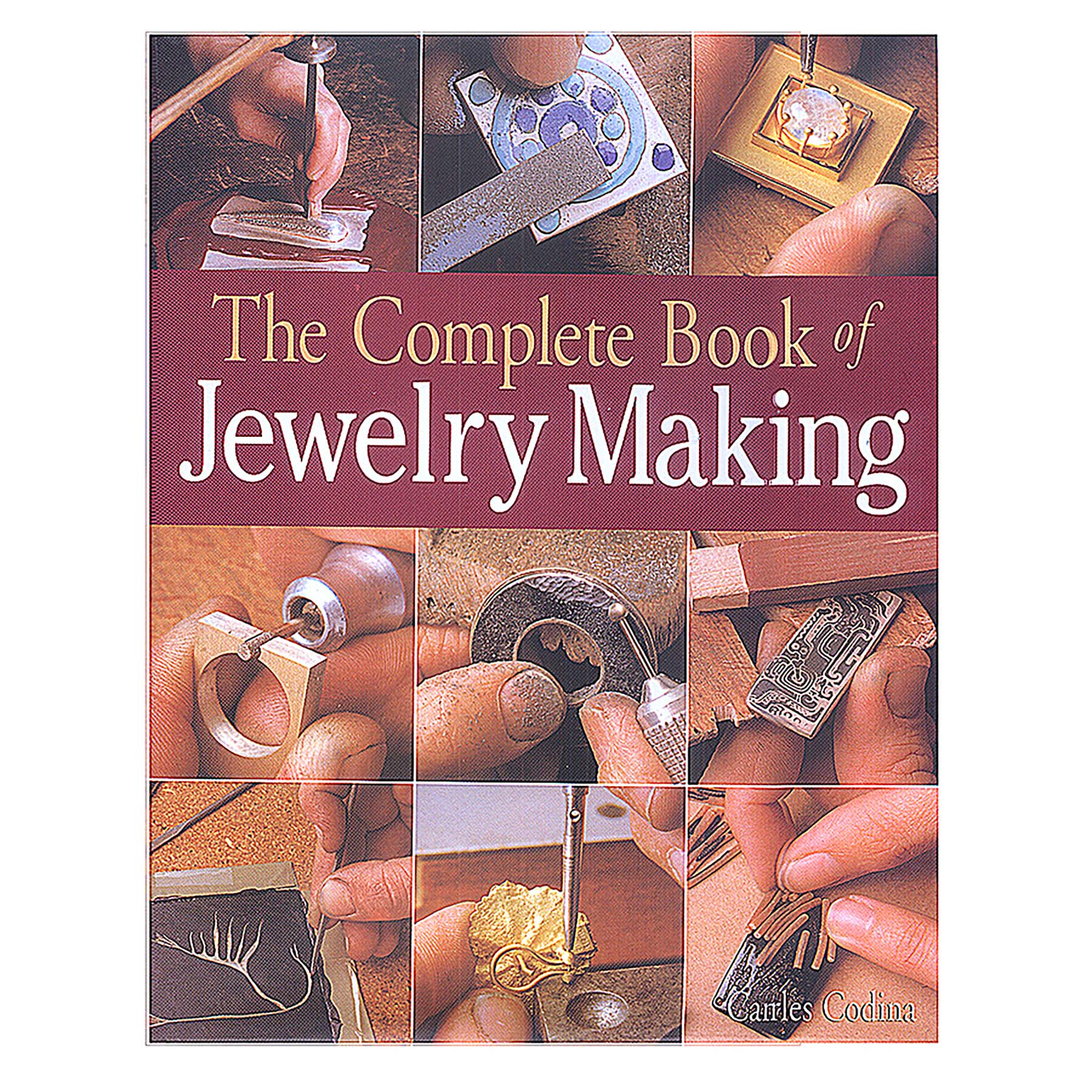
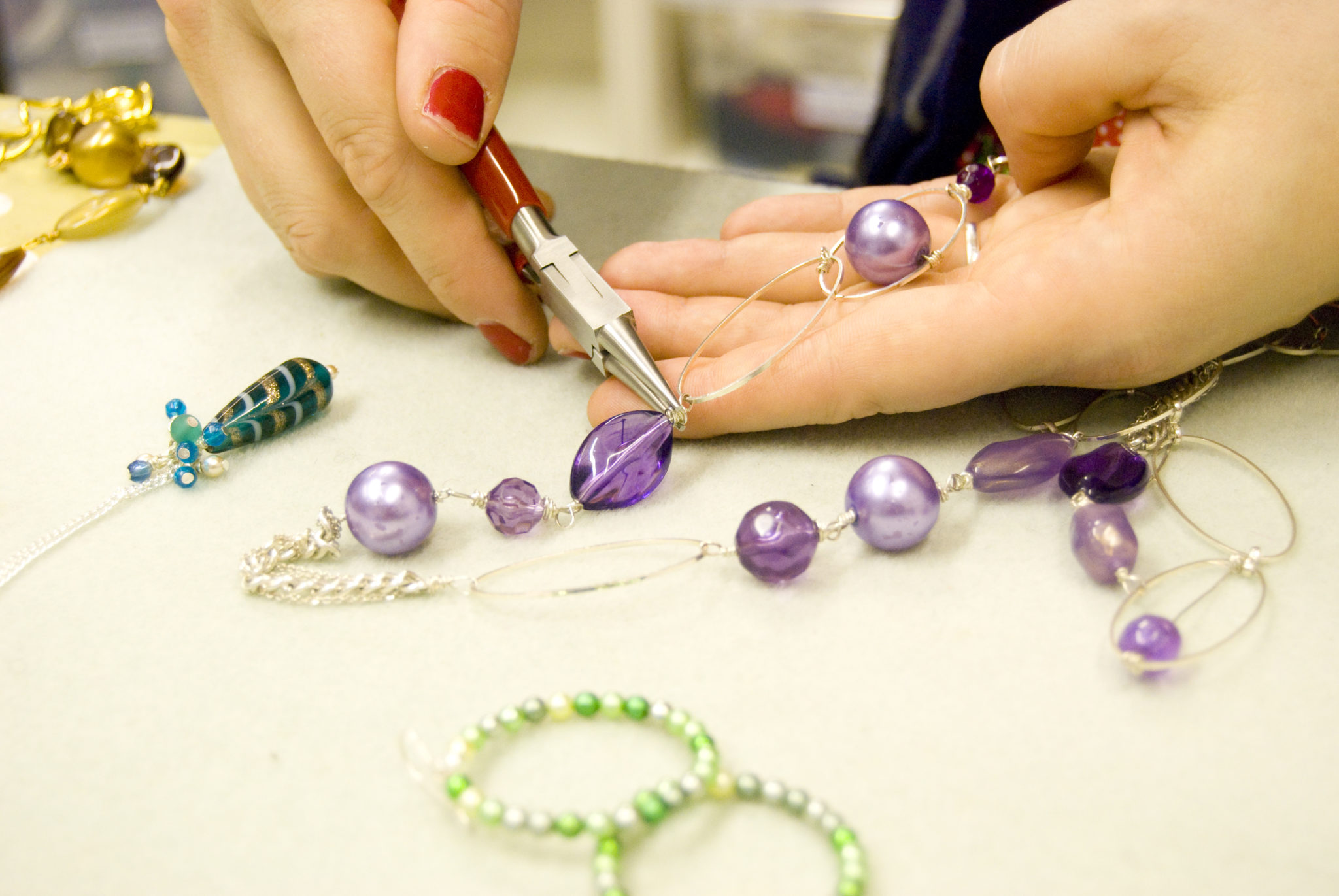
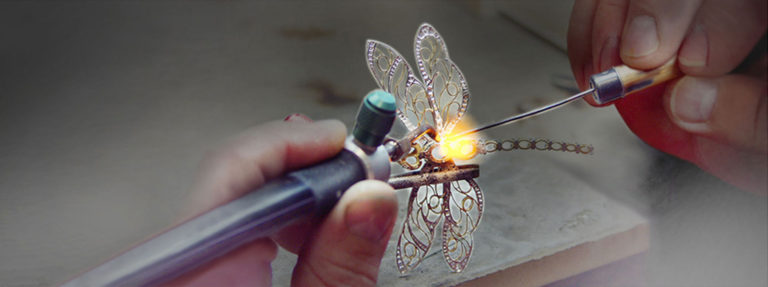
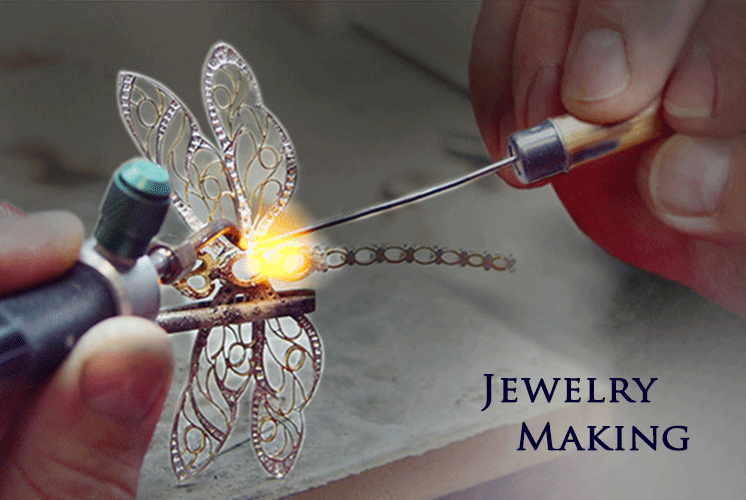
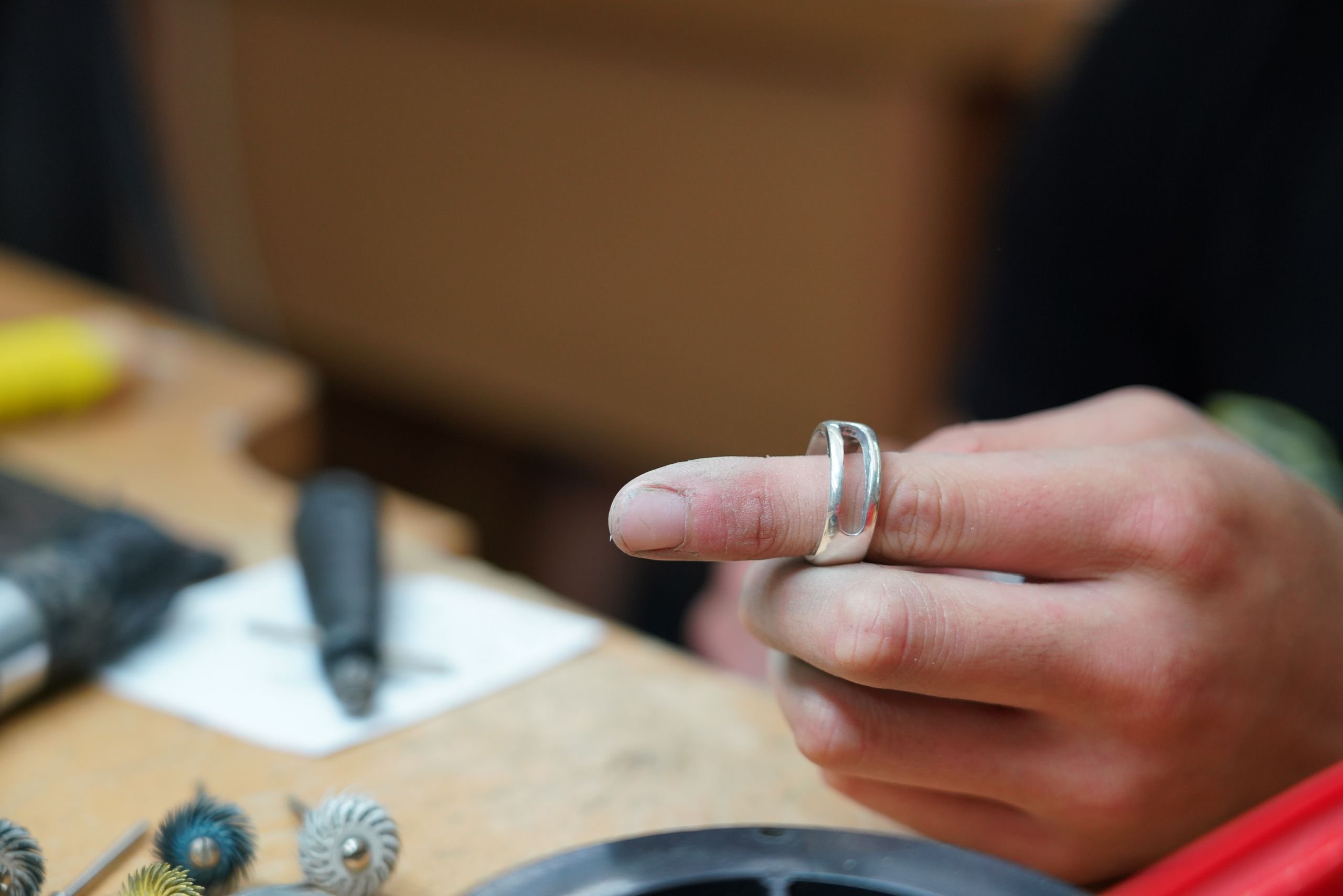

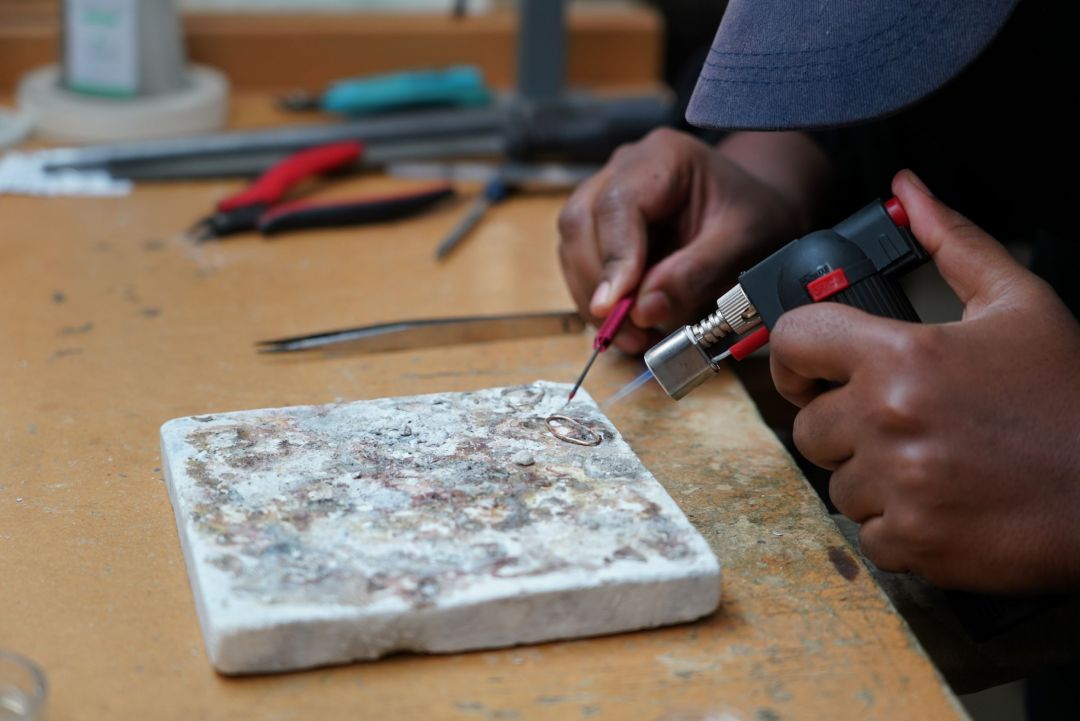

Closure
Thus, we hope this article has provided valuable insights into Unveiling the Art of Jewelry Making: A Comprehensive Guide to Finding and Evaluating Workshops. We appreciate your attention to our article. See you in our next article!